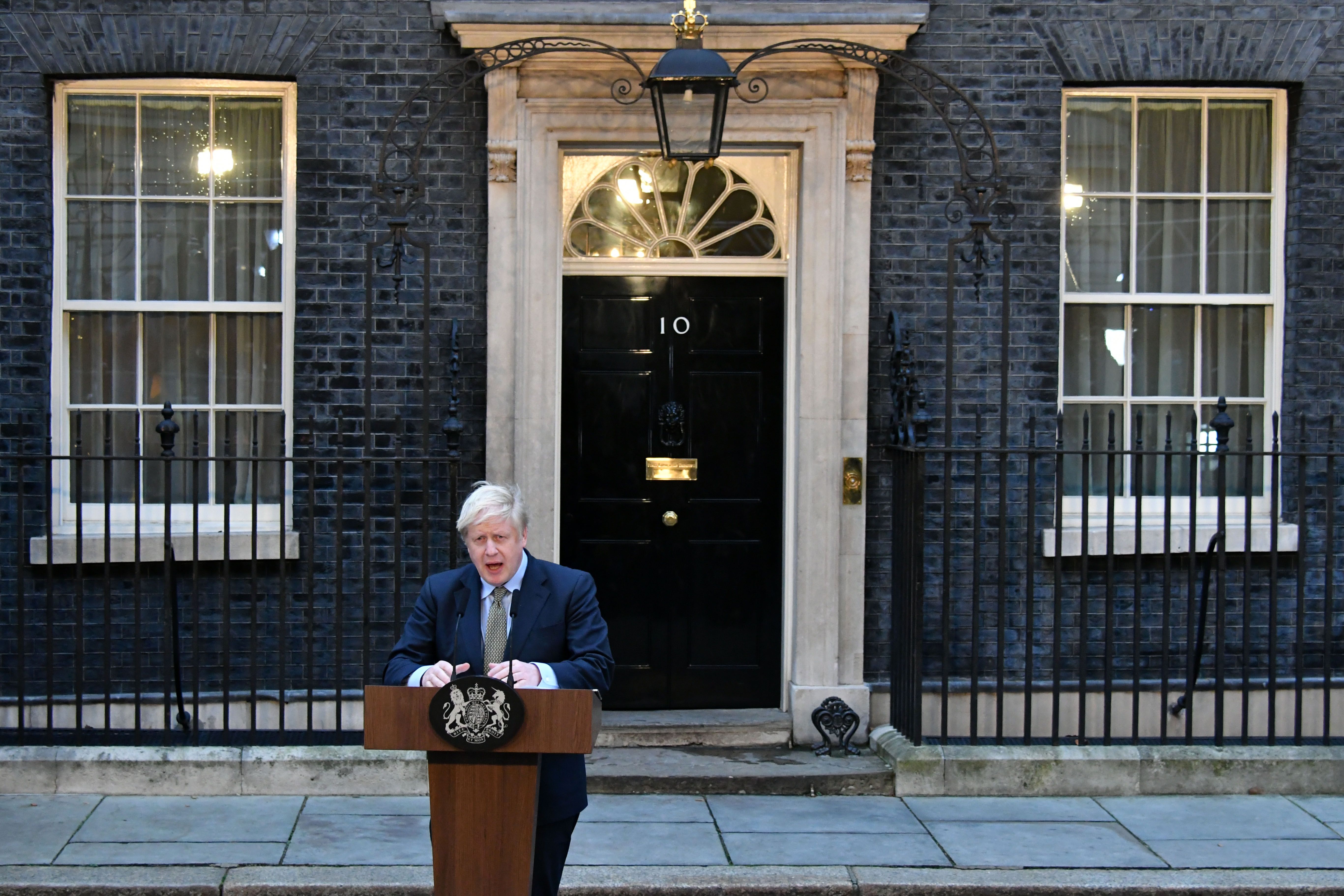Decisive Victory for the Conservatives in the 2019 UK General Election

What were the specific results?
UK-wide, the 12 December general election was decisively won by the Tories. They received 364 out of 650 seats on 43.6% of the votes, overtaking the Labour Party (the official opposition) which polled 203 seats (32.2%) and the Remain Alliance of the LibDems, Greens and Plaid Cymru with 16 seats (14.7%). However, there were fundamental differences between the constituent parts of the UK. In England, the Tories dominated with 344 seats out of 533 (47.2% of the votes) while in Scotland, the Scottish National Party (SNP) won 48 seats out of 59 (45%). In Wales, the Labour Party won with 22 seats out of 40 (41%). In Northern Ireland, nationalist parties won nine seats out of 18 (37.7%) while unionists won eight seats (42.2%) and the non-sectarian Alliance Party gained a single seat (16.8%).
Who are the biggest winners and losers of the election?
Johnson managed to extend his term in office until 2024 thanks to the success of his strategy of taking over traditional Labour voters in northern England and Wales, symbolised by the capture of the Workington seat, held since 1918 by Labour. The SNP and the Northern Ireland nationalists strengthened their respective mandates for calling for independence and unification referendums. Although the anti-Brexit programme of the Remain alliance was not a success, the cooperation of those parties helped to limit their losses to the Tories. The success of the Conservatives was also possible due to the Brexit Party splitting the Labour vote in some dozen constituencies and to the internal rivalry on the centre-left. As a result, the Labour Party and the Remain alliance won a total of 219 seats while attracting 47% of the votes.
What are the effects of the election on UK politics?
Brexit has redefined political cleavages. The Tories have managed to consolidate Brexit voters on the right and the left by promoting a hard but deal-based exit from the EU. Despite their general marginalisation (2% of the votes) the Brexit Party managed to weaken Labour in several seats. As a result, the historically worker-focused Labour Party has effectively become a party of the metropolitan middle class and ethnic minorities (the only voter groups that ensured some local wins). Their preferences will force Labour to unambiguously support a soft Brexit, since repeating the EU referendum or cancelling Brexit is now impossible. In Northern Ireland, Brexit anxiety enabled the first defeat of unionist parties in general elections. LibDem leader Jo Swinson lost her seat and Jeremy Corbyn has announced his resignation, initiating a struggle for leadership between Labour’s left and right wings.
What will be the priority of the new Johnson government?
Johnson’s key electoral commitment is to “get Brexit done”. As a consequence, the UK is likely to ratify in the next few weeks the Withdrawal Agreement as amended on 17 October in order to leave the EU on 31 January. The new government’s priority will be the negotiations on future relations with the EU based on a free-trade agreement model. Although Johnson has pledged not to extend the EU negotiations, scheduled to end by the end of 2020, he will make his decision by June 2020. Johnson will also most likely carry out a government reshuffle in February. The 2020 deadline enables the EU and the UK only to negotiate either a modified version of an off-the-shelf model of EU cooperation with third countries or a narrow-scope framework agreement that will need to be supplemented in the future.
What is the impact of the result on the EU?
The Tory victory stabilises EU-UK relations in the short-term perspective. The challenge for the EU will be to agree on a new mandate to negotiate future relations with the UK. A comprehensive agreement would have to be based on both EU and Member State competences. The desire to streamline the negotiations may lead to narrowing the scope of the agreement, so it can be ratified by qualified majority vote in the Council and by the European Parliament, and without ratification by all Member States. Failure to ratify that agreement by the end of the transition period would result in a scenario similar to a “no-deal” Brexit. A link between economic and security negotiations seems to have emerged: while economically the EU is much more powerful than the UK, this is offset by the EU’s dependence on UK security assets and expertise.


